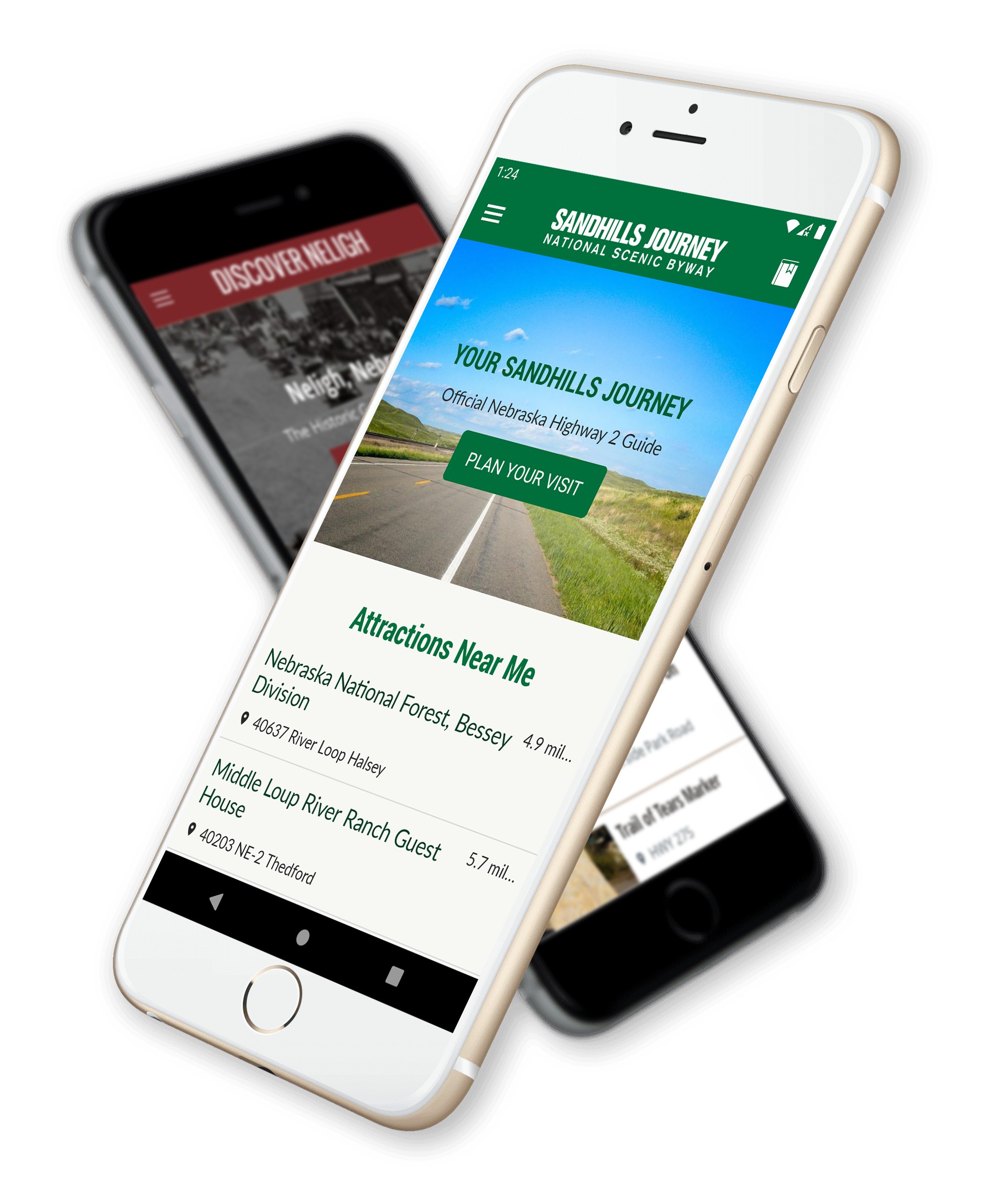App vs Website
The age-old question is: do I need an app or a website?
(Maybe to someone, somewhere.) You’ve probably heard that every business needs a website, but what about an app? What’s the difference? Is it more expensive? How is it done? In this post, I will try to demystify websites and apps, illustrate the pros and cons of each, and give example situations of when to use an app vs. a website, and vice versa.
So let’s start at the beginning. In simple language, what is a website, what is an app, and how do they compare?
In simplest terms, a website is accessed on demand by entering a domain (www.example.com) into a web browser on a supported device. It is downloaded from a web server every time you visit the site (some files are cached, but again we are keeping this simple). Many devices support browsing the web—including desktops, laptops, netbooks, tablets, phones, and other devices. Websites had to adapt to function correctly on all these screen and interaction types. Websites went from static pages in a fixed design that only few would access to a dynamic and flexible property that has changed our business and personal lives forever. You have probably witnessed, or even have, a website that has failed the test of time. I’m talking about the buggy, insecure, outdated, desktop-only site that takes a wizard to update (which may explain why it hasn’t been updated in years). Having an outdated website can become a bigger liability than not having one at all. Modern sites use “responsive design” techniques to automatically shift the site design depending on device type. Making updates has also become much easier, and the possible uses and functionality of websites have expanded dramatically. Websites have become the gold standard avenue for businesses to market, engage and sell to customers.
So what about apps?
“Apps are expensive and difficult to build & maintain.” I’ve heard more times than I care to count. While apps require special processes and involve multiple distribution channels (think Google Play and Apple’s App Store), apps aren’t necessarily out of reach and, in fact, can be the perfect tool in many situations. Once installed, apps are highly visible and instantly accessible on the user’s phone. Apps also benefit from superior location-based features, notification capabilities, and offline usage. Apps work especially well for tourism/location directories, article publication, news, community/chat, company intranet, and many other situations. Your app can be free to use–or you can charge for the app or offer in-app subscriptions. With the right partner, companies can produce an app faster, easier, and less expensive than they imagined.
Technology is ever-changing. There’s a new kid on the block you may want to meet.
Have you ever heard of Progressive Web Apps (PWA)? This relatively new technology treats a website like a mobile app. You won’t find PWA on the app store. PWAs can be accessed on any web browser without installing anything, although they can be easily added to your home screen for future use. It may seem like PWA is the answer, but it’s likely more complicated than that. As with any emerging technology, it has a place but also has many variables and won’t serve every situation. To make things even more complicated, in some cases it is possible to adapt websites or native apps to progressive web apps.
So which is better for you?
That depends. Your goals and unique situation will dictate what is needed. A website is crucial and may take priority from a marketing perspective. Depending on your situation, an app or PWA may fit your needs perfectly. In many cases, it is best to consult an expert. We would be glad to answer your questions and make a recommendation. Huntrex offers
website,
app,
and PWA management.











